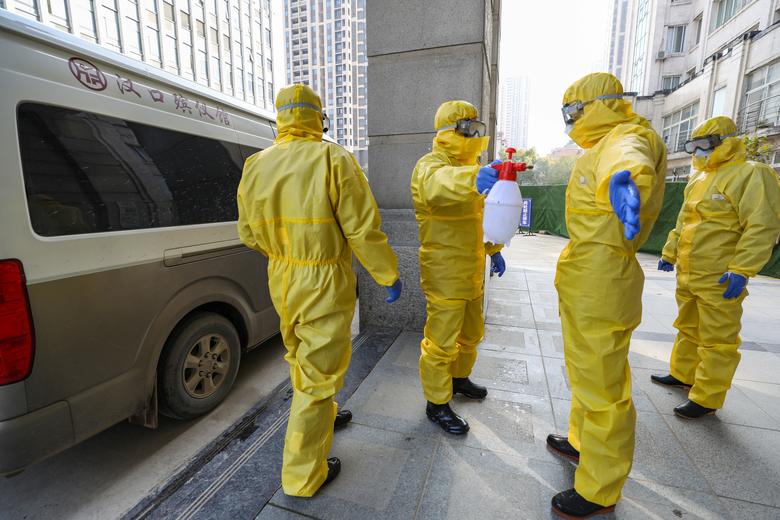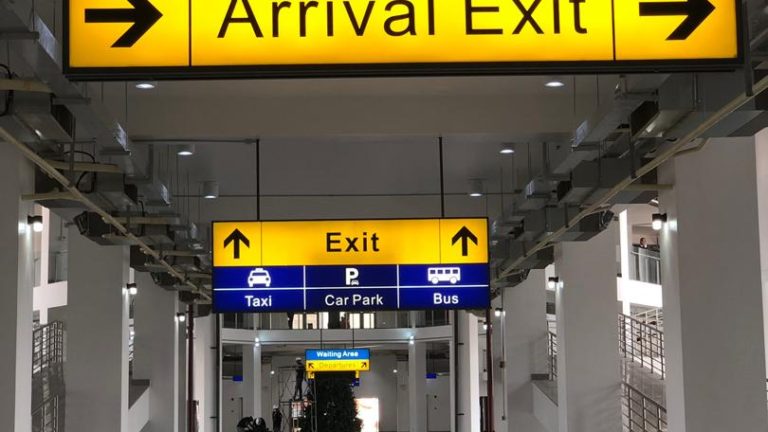BY HAMZA A. GUDAJI
This is a rejoinder on the above referenced opinion published in Sahara Reporters on the 31st of March 2020, and it is meant for public discourse, awareness, and to provide a different view-point on the matter.
The Quarantine Act LFN 2004 indeed contains clear and unequivocal enabling provisions for the restriction of movement of citizens, to wit Section 4 (c) & (d) of the Act:
“The President may make regulations for all or any of the following purposes:
Preventing the spread of any dangerous infectious disease from any place within Nigeria, whether an infected local area or not, to any other place within Nigeria”
Advertisement
Preventing the transmission of any dangerous infectious disease from Nigerian or from any place within Nigeria, whether an infected local area or not, to any place without Nigeria”
Obviously, the part of the Covid-19 Regulations, 2020, relating to the restriction of movement of citizens is rooted in the forgoing provisions.
Section 45 (1) of the Constitution allows a derogation from the constitutionally guaranteed right of movement provided under Section 41 thereof, by way of a law that is reasonably justifiable in a democratic society in the interest of defence, public safety or public health, or for the purpose of protecting the rights and freedom of other persons.
Advertisement
By virtue of Section 18 (1) of the Interpretation Act LFN 2004 (applicable to the Constitution by virtue of Section 318 (4) thereof), a law includes “any instrument having the force of law which is made under a law.”
Based on the foregoing, the Covid-19 Regulations, 2020, a subsidiary legislation made pursuant to the Quarantine Act supra., can be pigeon- holed in Section 45 (1) supra and be said to be consistent with the grund norm.
A subsidiary legislation could take the form of a proclamation, rule, order, regulation, resolution, notice, bye-law.
There is no indication or rationale basis to support the constricted notion that the Quarantine Act supra. is for isolation, care and treatment of victims of an infectious disease simpliciter.
Advertisement
The etymological narrative of the word “Quarantine” essentially provides an insight into the origin of the word and its historical evolution.
For practical purposes however, the word “Quarantine” is defined as “a restriction on the movement of people and goods which is intended to prevent the spread of disease or pests.” See https://en.m.wikipedia.org/wiki/Quarantine . This all-encompassing and multi-dimensional definition is in sync with, and supports the
actions of the Federal Government.
The argument that the restriction of movement of citizens pursuant to the Quarantine Act supra., will amount to an erosion of a benefit given to them under the same law, is misplaced and an over-simplistic way
of understanding what is beneficial to the citizens in this period of public health emergency of a potentially existential nature.
Advertisement
It is also wrong to state that the condition precedent for making a Regulation under the Quarantine Act supra. was not fulfilled before the Covid 19 Regulations 2020 were made.
Although the usage of the term condition precedent is rather extravagant, nonetheless a cursory reading of the introductory part of the Covid 19 Regulations, 2020, will disclose that Covid 19 (Coronavirus) has been declared to be a dangerous infectious disease in line with Section 2 of the Quarantine Act supra. The said introductory paragraph reads as follows:
Advertisement
“In the exercise of the powers conferred on me by Section 2, 3 and 4 of the Quarantine Act and all other powers enabling me in that behalf, I, Muhammadu Buhari, President of the Federal Republic of Nigeria, hereby declare COVID-19 a dangerous infectious disease…”
There is nothing in the Quarantine Act supra. prohibiting the making of the above declaration and the Regulation envisaged under Section 4 of the Act, simultaneously.
Advertisement
Whereas there is also no requirement under the Act to the effect that the powers vested under Section 4 of the Act could only be exercised with respect to an area which has been declared to be to be an “infected local area”. This is obvious from Section 4 (c) and (d) of the Act supra. It is therefore untrue that the regulations anticipated under Section 4 of the Quarantine Act can only be made in respect of an area that has been so declared.
In addition to all of the foregoing, it is stated that the Regulations anticipated by Section 4 of the Quarantine Act supra., are also aimed at preventing the spread and transmission of an infectious disease, clearly showing that the subject of such a Regulation could be persons not infected, especially in a situation where asymptomatic carriers or vectors of Covid 19 are not readily and easily identifiable and that the restriction of movement is medically the most potent line of action of stopping the spread and transmission of the disease.
Advertisement
Gudaji can be reached at [email protected]
Views expressed by contributors are strictly personal and not of TheCable.






